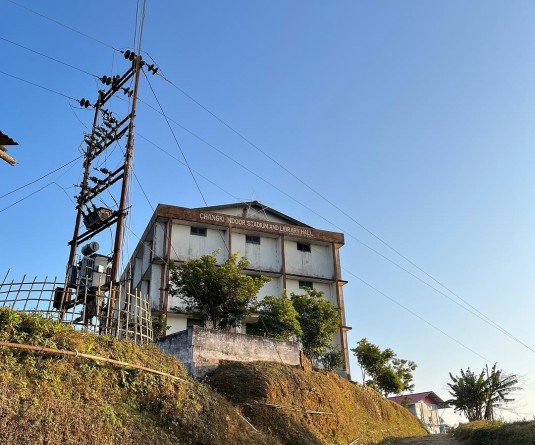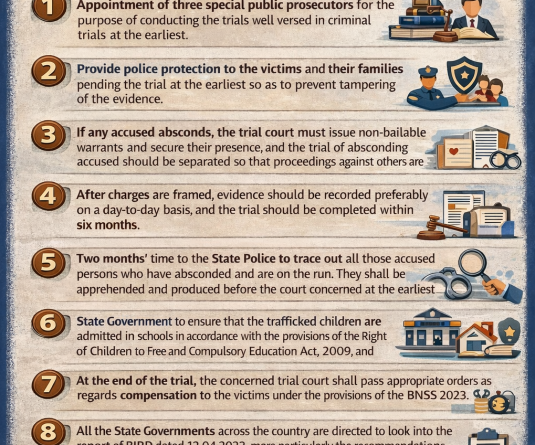
• Says it will go ahead with 33% reservation for women
• Agrees to amend clauses on taxation of land and buildings
Morung Express News
Dimapur | November 16
A consultative meeting on the Nagaland Municipal Act, 2001 and Amendment Act was held on November 16 at the Capital Convention Hall, Kohima. The meeting was held to discuss issues which have been raised by the different Hohos and to bring about a solution. The Chief Minister, Chief Secretary and Members of the Legislative Assembly and the Tribal Hohos attended the meeting. The Chief Minister in his speech thanked the different Hohos for their positive response to the meeting which was held in such short notice. He stated that the meeting was based on the suggestions given by the Angami Public Organisation (APO) and Ao Senden.
The first proposal was to omit or delete the provision for reservation of seat for Schedule Caste in the Municipal Department. As per the Nagaland census report 2011, there is no recorded Schedule Caste in Nagaland and also there is no Presidential Order under the Constitution of India that specifies who are the SC of Nagaland.
Therefore, in practice there will be no reservation for SC in the Municipal bodies. He further added as a preventive measure and to clear the doubt, the government is open to the idea of removing the reservation of SC as suggested by the APO.
The Chief Minister also mentioned the two suggestions given by the Ao Senden on 33% reservation for women and taxation of land and buildings. On women reservation, he stated that a series of meetings were held with the Naga Mothers’ Association and other women organizations but they have decided to wait for the verdict of the court. Therefore, he stated that on this issue the state cabinet has already decided to go by the existing provisions of Nagaland Municipal Act 2001 as amended in 2006.
Regarding the second suggestion on taxation of land and buildings, the Chief Minister said that the government has taken serious note of the pressing issue and has brought about a few options. He added that the state government appears to have taken upon itself most of the powers and responsibilities on tax.
He said that municipalities being elected bodies of the people may be given the power and responsibilities to decide what taxes or fees they want to impose to raise their own resources and at such rate as may be proposed by them, subject to the approval of the rate by the government.
Therefore, the government is mulling lines of action by amending Section 120 clause 3 through the following proposals: (i) The taxes provided in the sub-section clause 1 and the taxes which may be levied under sub-section clause 2 shall be levied at such rate as may be proposed by the municipality and with the approval of the government to be conveyed to government notification
(ii) The taxes shall be collected in accordance with the provisions of this Act and the rules and provisions made under Section 120 clause 4 and Section 120 clause 5 may be deleted.
(iii) In Section 121 clause 7 and Section 121 clause 8, the word ‘sanction’ may be substituted by the word ‘approve.’ This is because of the tax proposal submitted by the tax community will only be approved and not sanctioned by the government.
(iv) Similarly in Section 123 clause 2 the word ‘determine’ may be replaced by the word ‘approve.’ This is because the rate of taxes on land and buildings as may be proposed by the municipality will only be approved by the government and not determined by government.
Regarding the provisions for attachment and sale of defaulter’s immovable property, the CM provided one option that that auction for sale of land may be open only to the Naga indigenous people of the state. Or section 120(1)(a) may be deleted for now, and revisited when the municipalities are well established in consultation with Naga tribal bodies. Another option was retaining the provision for taxation of lands and buildings, but deleting sub-section 182 (d) so that lands and buildings cannot be attached and sold off through auctions for recovery of tax dues on lands and buildings.
He concluded by saying that in view of the 33% reservation for women, unless the petitioner (the women organization) agrees, there is no question of compromising. Hence, he stated that the cabinet decided to agree with the reservation of women. With regard to taxation, the government is willing to let the municipal body propose the rate of tax.
The CM further assured that that the government would always protect the land holding system or the customary system. Meanwhile, he cautioned that if the municipal elections keep getting held back, neither men nor women would benefit and the people would lose ground on development.
Meeting termed ‘inconclusive’
Naga Hoho President, Chuba Ozukum meanwhile termed today’s meeting as “inconclusive” and lamented that enough time was not given for a proper discussion between the government and participants from the tribe organisations.
He felt that a proper review of the act needs to be done, and said that one way would be to set up a committee for this purpose. Ozukum hoped that the government would convene more consultations with the tribe bodies before coming to a concrete decision.
While lamenting that the issue of women’s reservation was not a part of the discussions, the Naga Hoho President affirmed the position that it is against women reservation through election. However, he stated that the Naga Hoho would agree to the reservation of women through nomination.
Advisor to the ENPO, Toshi Wuntung meanwhile asserted that protection of the interest of Nagas under the hard earned Article 371 (A) is of paramount importance. “We first need to safeguard our rights. Then we can fine tune the other issues. Development will come but our rights need to be protected,” he stated.
While appreciating the government for holding the meeting, he hoped that more consultations would be conducted. He further called for unity and solidarity among the public, the government and the civil society to ensure the protection of rights under Article 371 (A). (With DIPR inputs)





